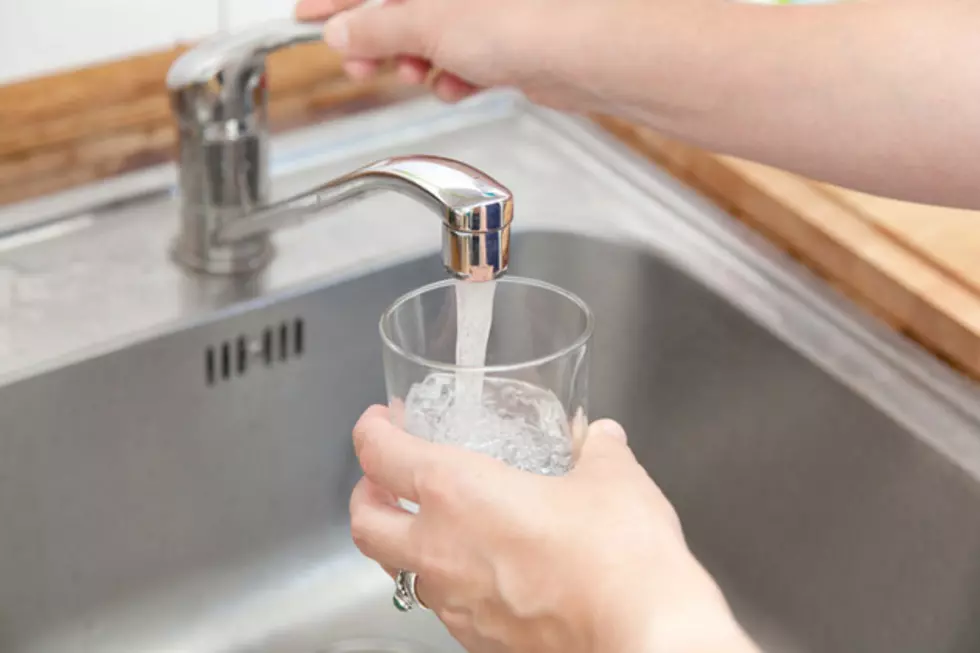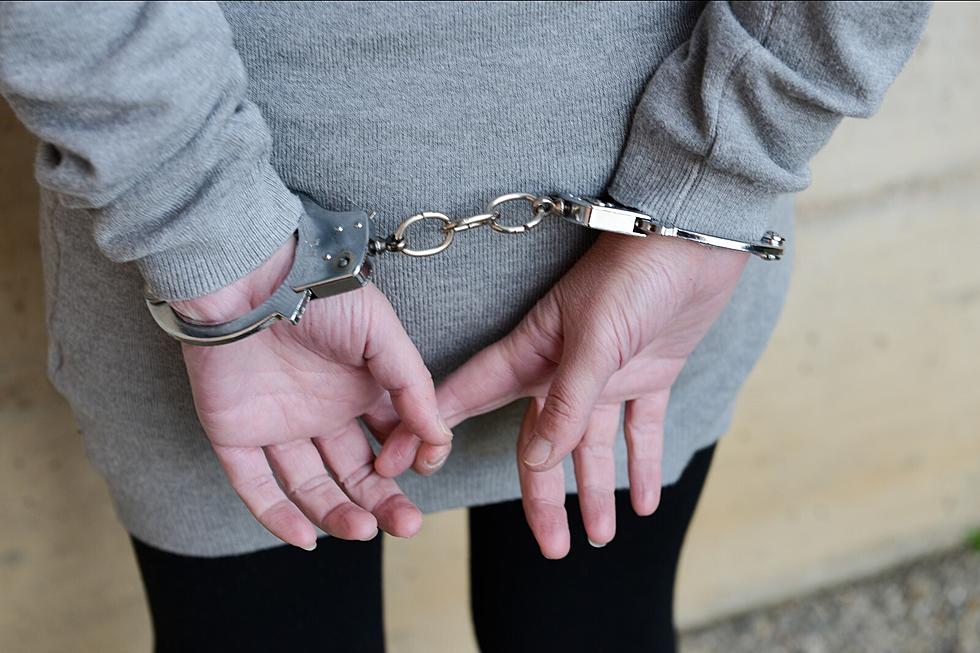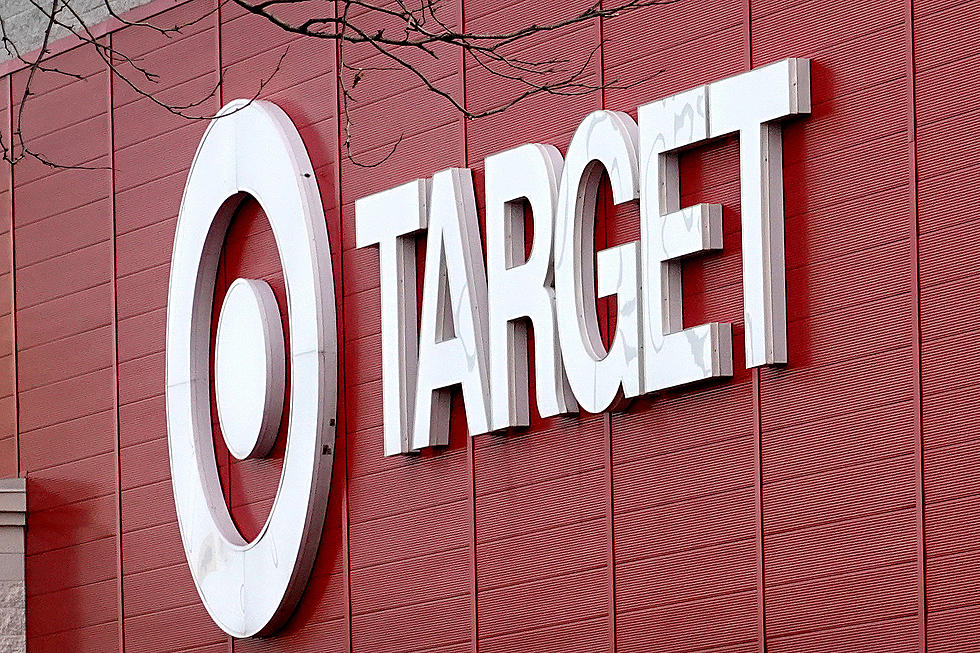
If there’s lead in your drinking water, you may not know about it
Towns across New Jersey with older water system infrastructure have been having problems with elevated levels of lead in drinking water supplies for years because lead from older pipes can leach into the system.
When Garden State water companies do required periodic lead level testing and find there’s a problem, they are supposed to inform members of the community in a timely manner because ingesting even minute levels of lead can cause very serious health issues. But sometimes there’s a breakdown in communication and many people may not even find out there’s an issue.
The Legislature has approved legislation, A2863, and S968, that requires public water systems to provide notice of elevated lead levels in drinking water to customers and local officials, and it also requires landlords to notify tenants of elevated lead levels.

Jeff Tittel, the director of the New Jersey chapter of the Sierra Club, said renters may not be paying a separate water bill, so they’re not considered a water company customer and they won’t get direct notice from the water company of a problem. About 40% of New Jersey residents are renters.
He said it’s essential for people to find out if there’s a lead issue in their drinking water so they can immediately install a lead water filter. But there's another reason.
“The more people know there’s a problem, the more they put pressure on elected leaders and others to fix the problem," he said.
He said in this kind of situation, knowledge is power.
“You’re more likely to call on your water company or your mayor or council to do something about it, to fix the lead lines in the streets or even in some cases to have the landlord replace pipes in the building," he said.
He noted and exposure to lead is especially dangerous for younger children, who can develop learning disabilities.
He pointed out in older, more established parts of New Jersey, especially in urban areas, 25% of the water travelling through older pipes may be leaking and major pipe replacement work is needed.
Tittel said this legislation is a sign of progress but more must be done because many of the state’s drinking water supplies still have some degree of chemical contamination issues, which may lead you to wonder if the glass is half empty or half full.
“I’m not sure,” he said. “But I may not want to drink what’s in it.”
The Legislation has been sent to the governor’s desk for his signature. It’s unclear when or if he will sign it.
You can contact reporter David Matthau at David.Matthau@townsquaremedia.com
15 Iconic Retail Stores That Don't Exist Anymore (But We Totally Miss Shopping At)
2021 guide to beach badges in New Jersey
More From SoJO 104.9 FM










